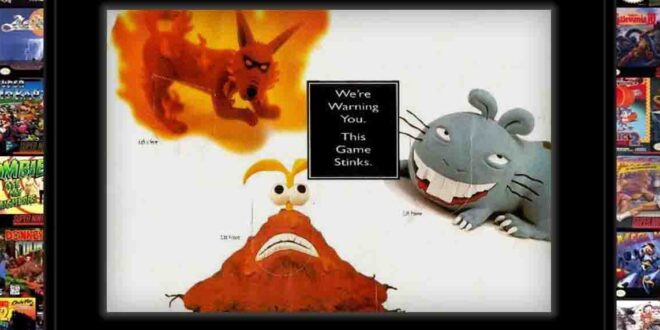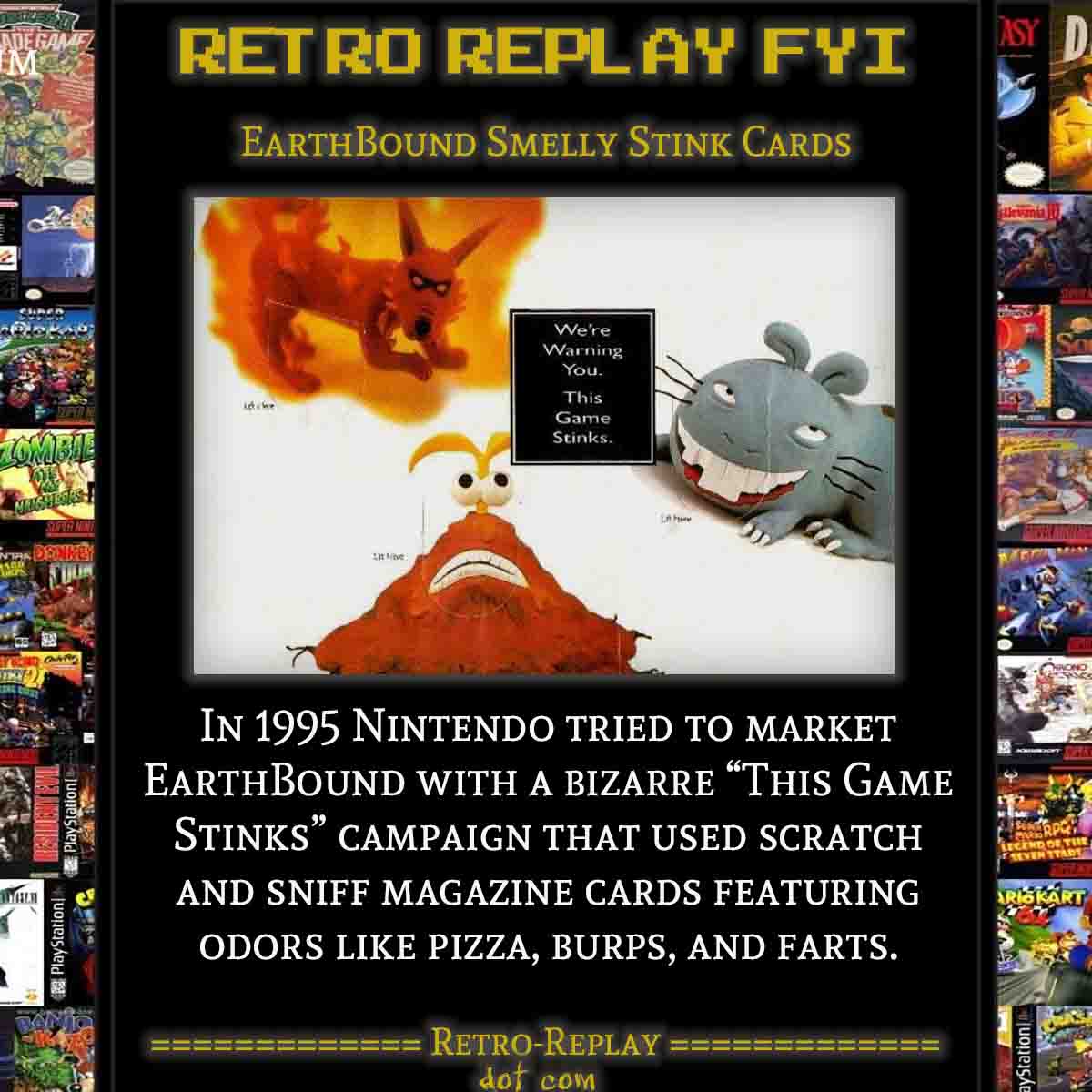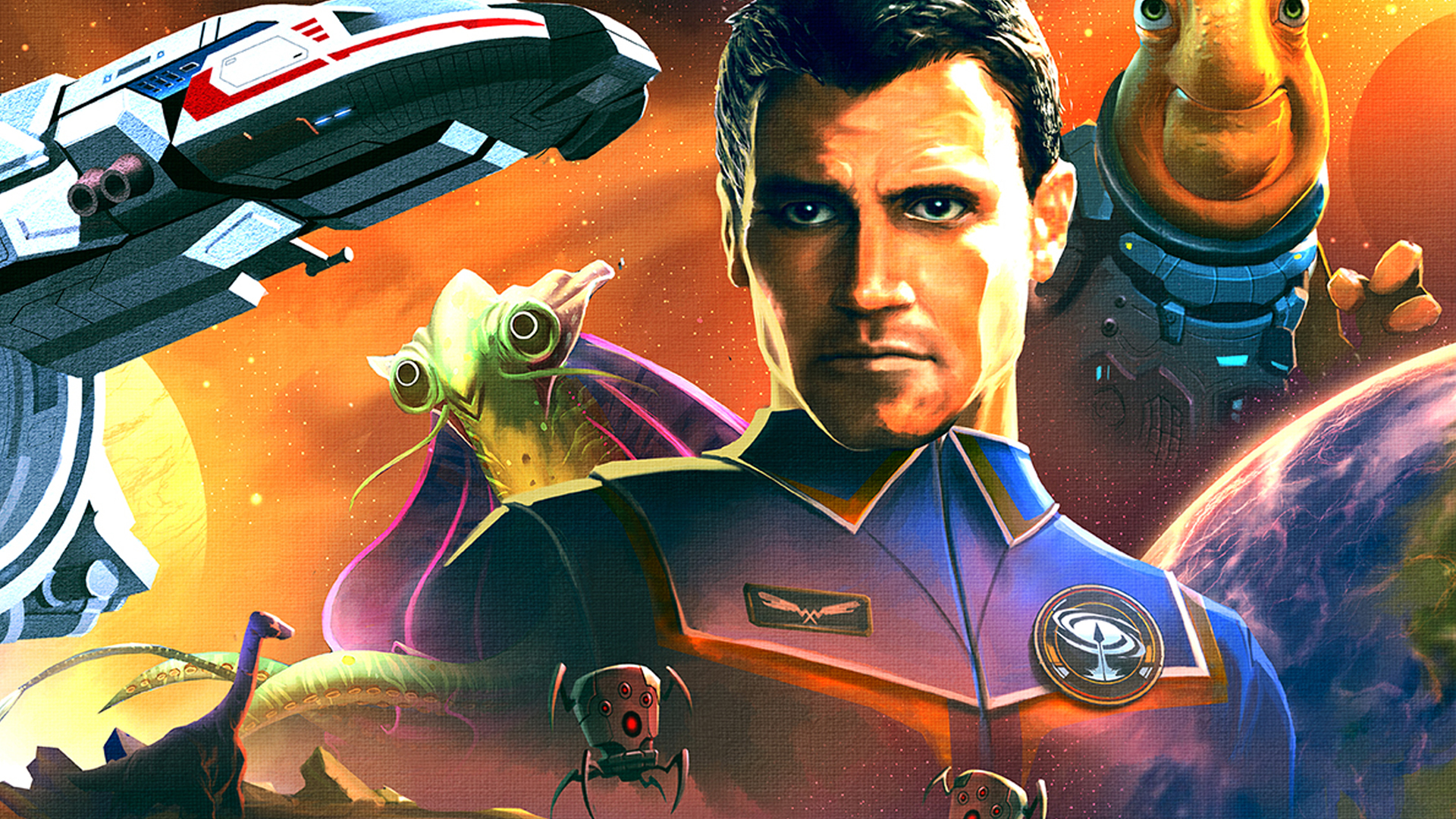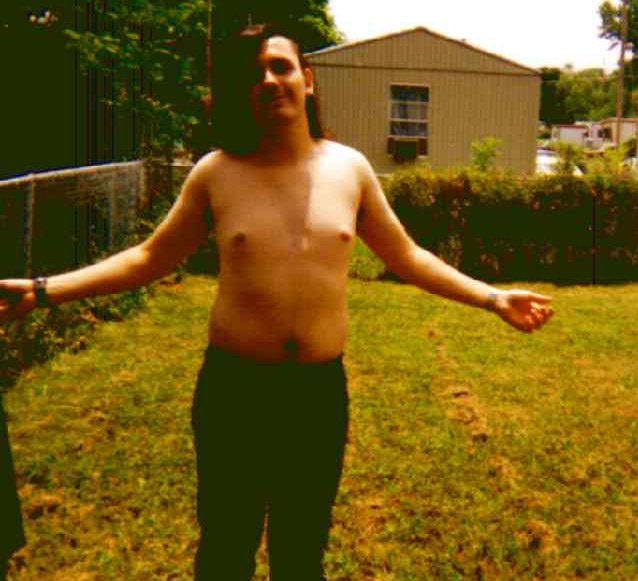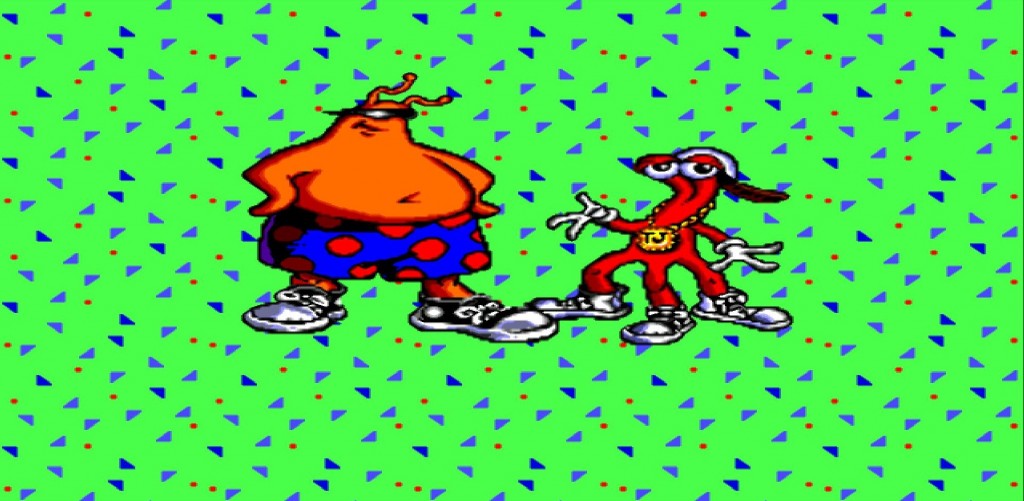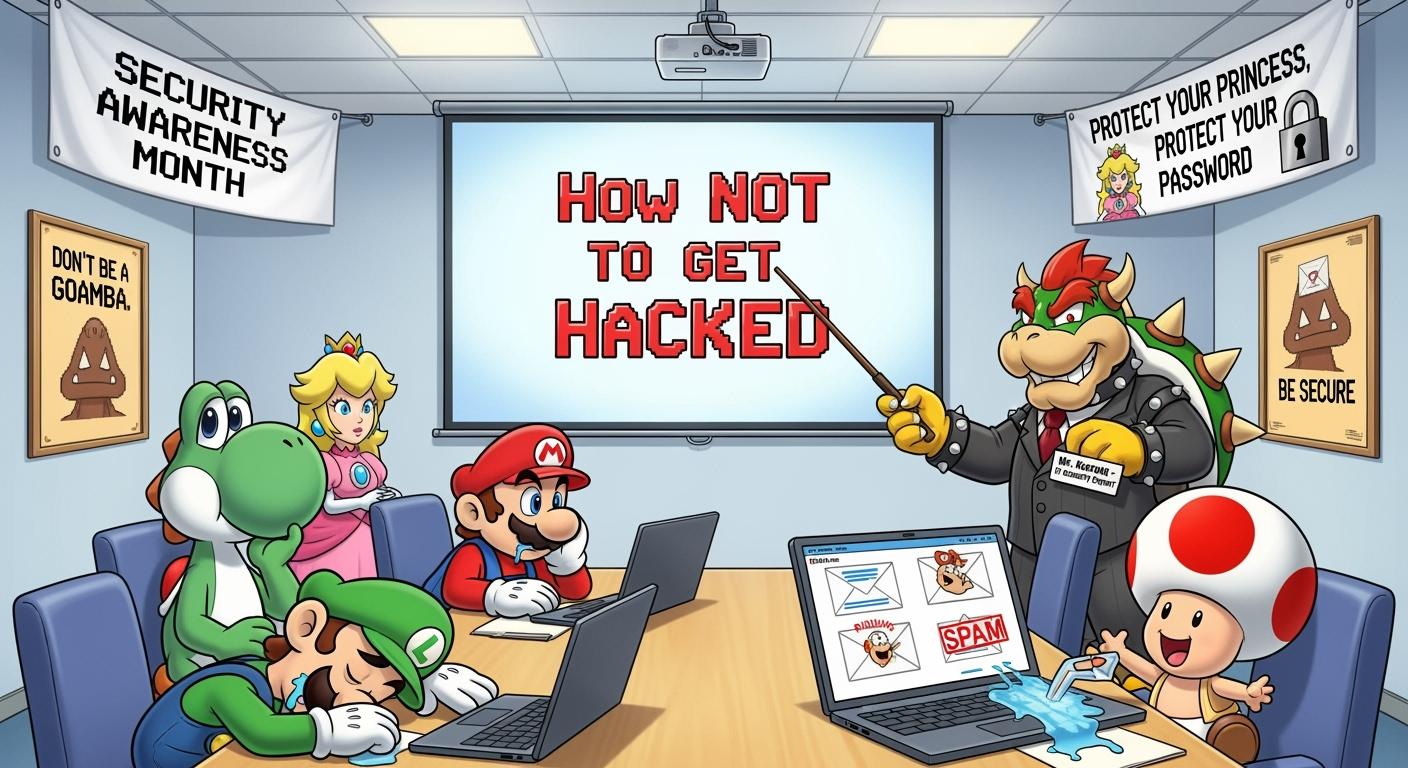A Bold but Bizarre Idea
In 1995 Nintendo of America faced a challenge. They were preparing to launch EarthBound on the Super Nintendo, a quirky role playing game full of humor, offbeat enemies, and suburban satire. But how could they sell such an unusual RPG to an American audience that was not yet fully invested in the genre? Their answer was one of the strangest campaigns in gaming history. Nintendo rolled out a marketing push that literally told players “This Game Stinks.” Instead of highlighting gameplay depth or story charm, the ads leaned into bathroom humor and smelly gags, even printing scratch and sniff inserts in magazines like Nintendo Power. Readers who scratched were greeted with scents ranging from sour pizza to outright flatulence. It was bold, it was strange, and it set EarthBound apart from every other RPG on store shelves (Retrovolve).
(HEY YOU!! We hope you enjoy! We try not to run ads. So basically, this is a very expensive hobby running this site. Please consider joining us for updates, forums, and more. Network w/ us to make some cash or friends while retro gaming, and you can win some free retro games for posting. Okay, carry on 👍)
For Nintendo the move was meant to grab the attention of young gamers who might otherwise skip over a text heavy RPG. The company believed humor and gross out gags would speak directly to the youth market of the mid 1990s. Instead of focusing on turn based battles and heartfelt storytelling, the company gambled that a stinky postcard in your mailbox would be more memorable than a stat chart.
It was certainly memorable. Kids talked about it, magazines highlighted it, and the campaign became infamous for being unlike anything else in the industry at the time. But memorability does not always translate to sales success.
The Backfire Effect
Nintendo’s “This Game Stinks” campaign certainly grabbed attention, but the focus was not always on the game itself. The scratch and sniff gimmick was memorable, yet it highlighted silly smells more than it explained why EarthBound was worth playing. Instead of showcasing the heartfelt story, quirky characters, and suburban setting, the marketing leaned into bathroom humor and gross out gags.
For kids flipping through Nintendo Power, the joke landed, but it did little to explain what made EarthBound different from other RPGs. The campaign leaned more into shock value than substance, leaving many players unsure what the actual gameplay experience was supposed to be.
In that way the stunt worked almost like a double edged sword. It got people talking, but not necessarily about the reasons they should pick up the cartridge and start a long adventure.
While they did not become the launchpad for massive sales, they created one of the most distinctive promotions Nintendo ever attempted. In hindsight the campaign feels less like a serious sales pitch and more like a time capsule of 1990s advertising, when weirdness and attitude often carried more weight than product details. It fits EarthBound’s quirky personality but also shows how unusual marketing choices can shape a game’s legacy in unexpected ways.
Thanks to word of mouth and later re releases, EarthBound has grown into a cult classic admired for its humor, charm, and emotional storytelling. Yet the scratch and sniff campaign remains a strange and unforgettable part of its journey, a reminder that sometimes the oddest promotions leave the strongest memories.
 Retro Replay Retro Replay gaming reviews, news, emulation, geek stuff and more!
Retro Replay Retro Replay gaming reviews, news, emulation, geek stuff and more!
